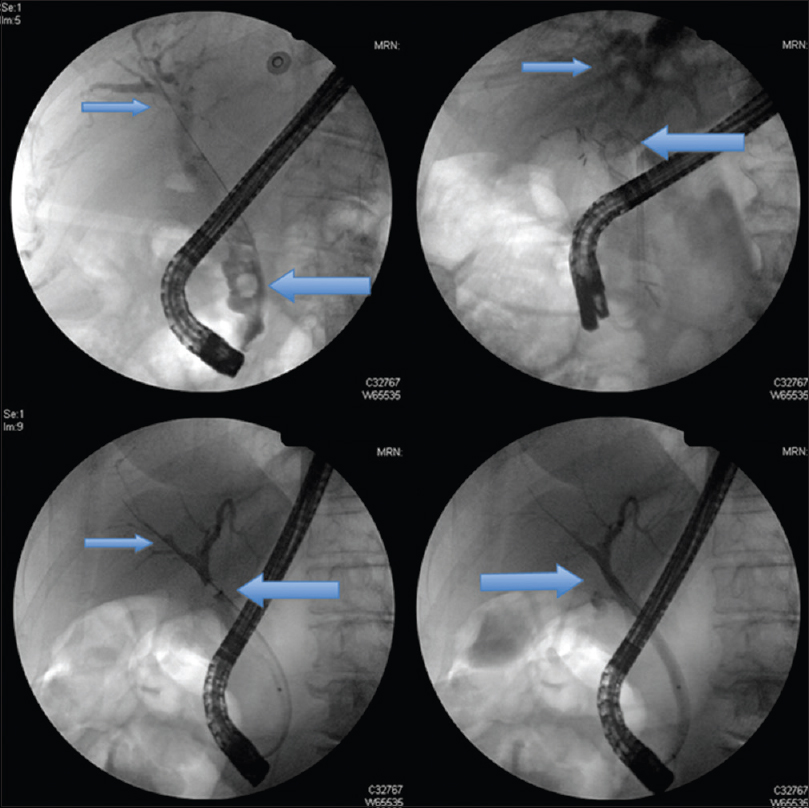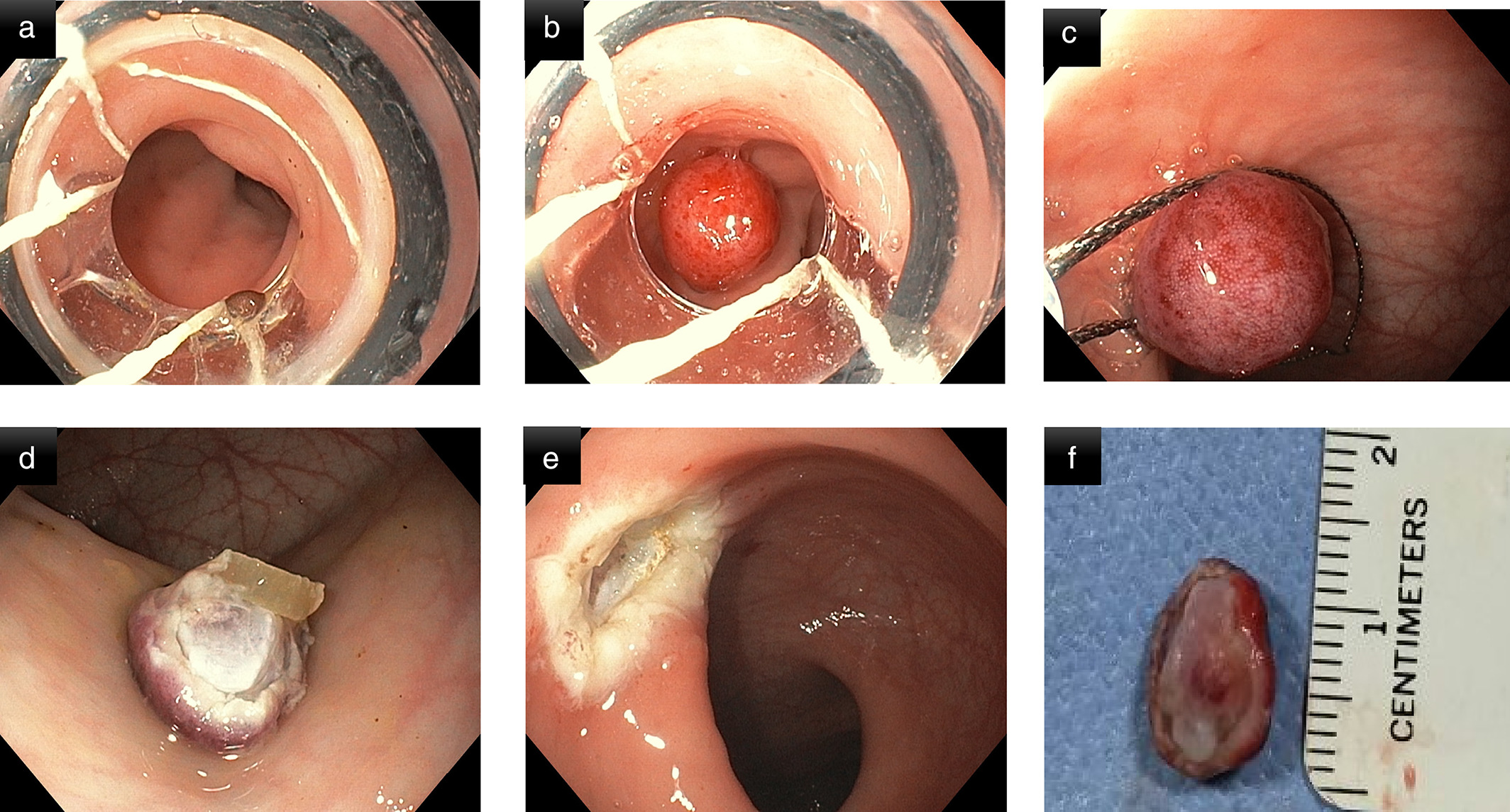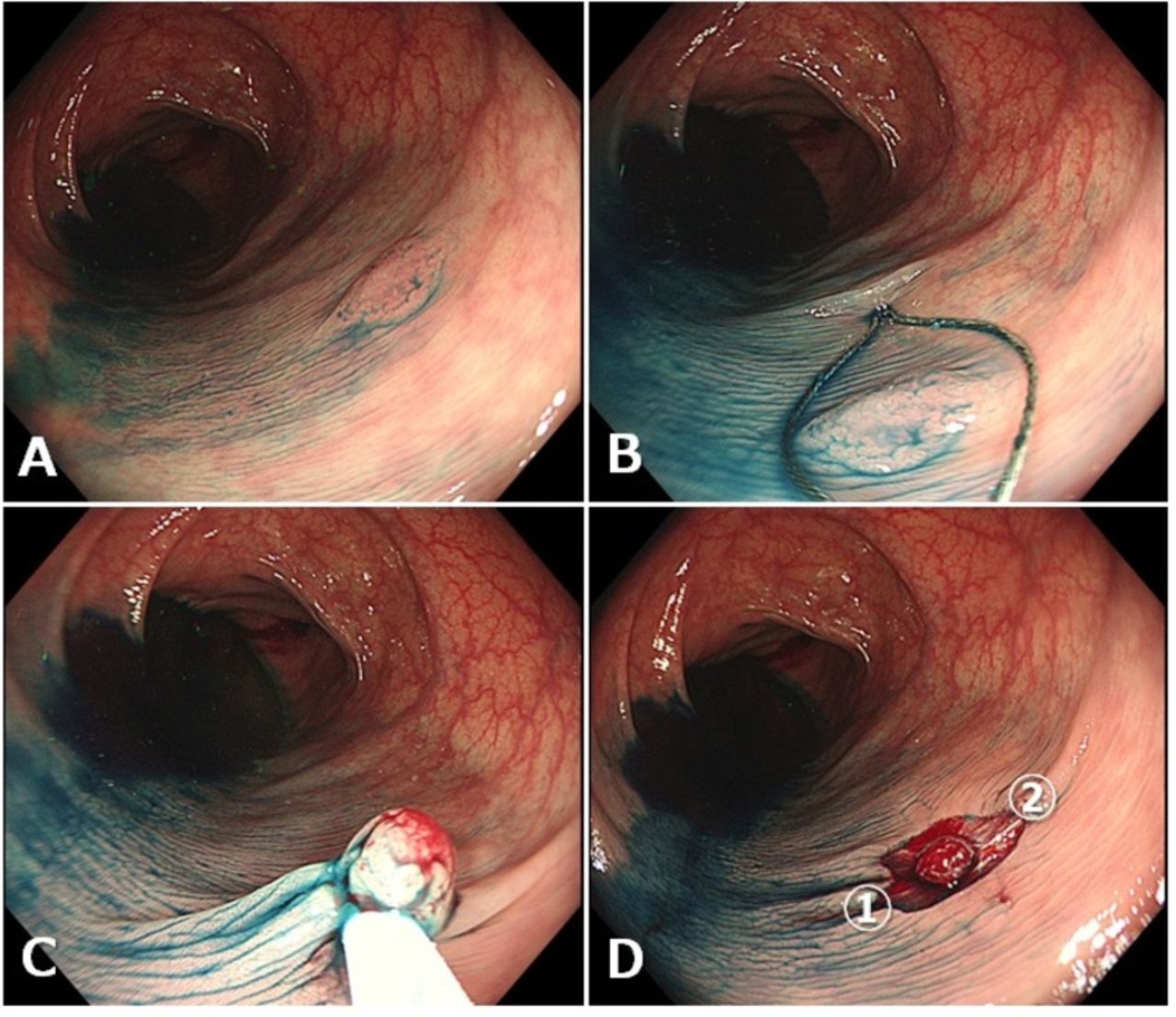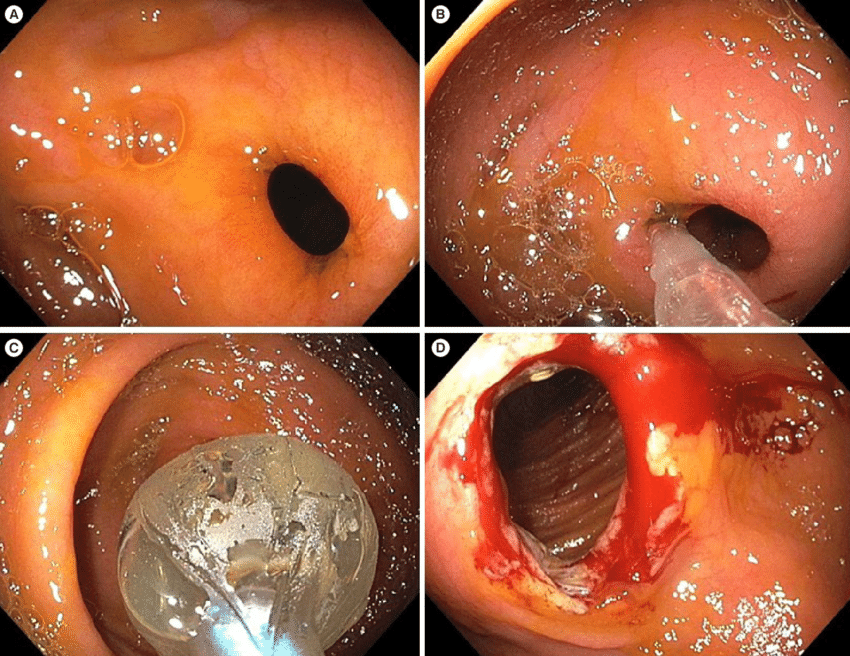Cases
Gastroenterology
Gastroenterology is the study of the normal function and diseases of the esophagus, stomach, small intestine, colon and rectum, pancreas, gallbladder, bile ducts and liver.
It involves a detailed understanding of the normal action (physiology) of the gastrointestinal organs including
- the movement of material through the stomach and intestine (motility),
- the digestion and absorption of nutrients into the body,
- removal of waste from the system, and
- the function of the liver as a digestive organ.
It includes common and important conditions such as colon polyps and cancer, hepatitis, gastroesophageal reflux (heartburn), peptic ulcer disease, colitis, gallbladder and biliary tract disease, nutritional problems, Irritable Bowel Syndrome (IBS), and pancreatitis.
In essence, all normal activity and disease of the digestive organs is part of the study of Gastroenterology.






Endoscopic retrograde cholangiopancreatography, or ERCP, is a procedure to diagnose and treat problems in the liver, gallbladder, bile ducts, and pancreas. It combines X-ray and the use of an endoscope—a long, flexible, lighted tube.


Resection
Colonoscopy & Polypectomy with a Hot Snare






Dilation


Study procedure for CSP, cold snare polypectomy. A flat elevated type polyp detected in the colon (A). The polypectomy snare, 10 mm in size, was used for CSP. The size of this polyp was estimated to be 8 mm (B). CSP was performed (C). Biopsies were performed from two marginal sites located symmetrically on the left and right of the mucosal defects to confirm residual polyp tissue (D).
Antegrade endoscopic balloon dilation of an ileocolonic anastomosis stricture in CD. (A) The tight, nonulcerated stricture at the anastomosis. (B, C) Balloon dilation of the stricture prior to the passage of the scope. (D) Post-dilation appearance of the stricture with some bleeding.
